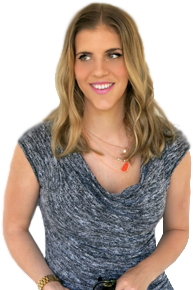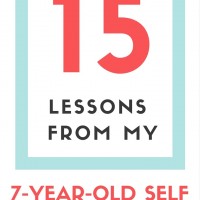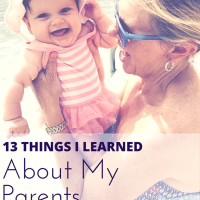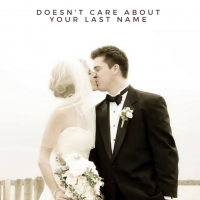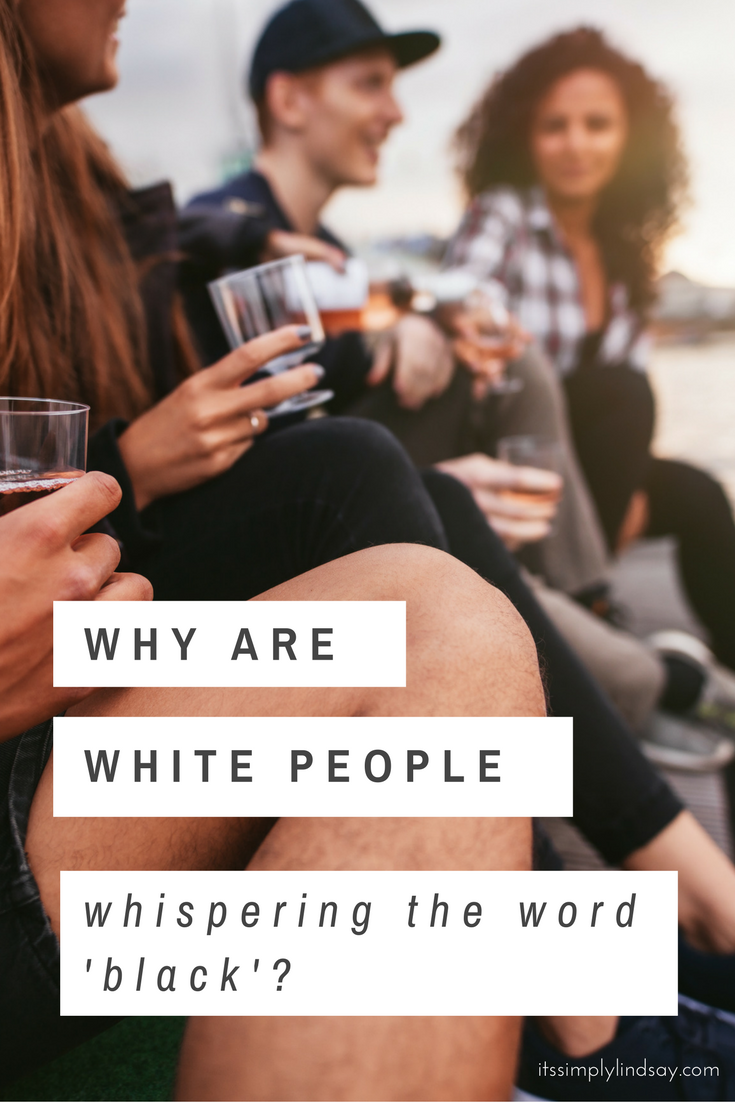
Here’s my disclaimer as I open up a racial conversation: I’m a white woman living in the Chicago suburbs where I also grew up. My husband, family, and neighbors are white. In grammar school, I can remember two girls who were black, and in a high school of about 2600 people, everyone around me was pretty much white. I honestly can only recall one black student, without thinking too deeply or consulting my yearbook, because he dated a girl in my social circle. The most colorful part of my day was in my locker hallway: I was sandwiched between the fun-loving, kind group of Albanians and a group of harmless, white boy potheads, and, only to be discovered years later, across the hall from two lesbians. Oh, and I had a friend who was Jewish, how very exotic.
Some people may criticize and say I’m not the right kind of person to write about race because I’m white; I don’t even really know many black or brown people. But I think I’m exactly the type of person who should be talking about this, and hopefully other people who look like me will listen, and people who don’t look like me will weigh in.
I love my town and had a great education there, but it wouldn’t be until I went to college that I realized the white extent of the sheltered bubble I lived in.
Why are white people whispering the word ‘black’?
It wasn’t until I got over the shock of the head scarf on the beautiful, bird-like girl in my writing class that I realized how backwards I was for being surprised she didn’t have an accent and had a better sense of fashion than even me. It wasn’t until I fell into a social group of black girls, many of whom were gay, that I realized how weird I was for feeling like it was a point of conversation to tell my family and friends I now had black friends, and later a black roommate. How positively progressive of me.
Thank goodness for college, an educational environment where I was really encouraged to challenge myself. The bubble wasn’t popped all at once though; it was more of a small hole that turned into a slow and steady leak of realization. I couldn’t believe the relief, excitement, shock, and disbelief that came with the leak.
Things I didn’t even think about – I’m talking big, ingrained beliefs and small, seemingly inconsequential values – I soon realized were overtly discriminatory against difference and rooted in racism, sexism, and against different religions. Much of what I believed was normal because everyone else felt that way – I never even learned these things, it just seemed to be there, and it was often right in the name of tradition.
But tradition, on its own, does not make something good; it does not make something right. Traditions, as with any belief or value, should be questioned and honestly contemplated, not blindly accepted and celebrated. But I digress.
Now as a mother of two girls, I want to have these important talks, ones about sexism, religion, and my most recent interest, race. Not even talks, but life experiences and raising authentic awareness. I may not be able to share cultures with my girls by traveling the world like my parents did for me, but I want to foster an environment where we question and seek answers together and above all, are humanitarians at our cores.
The conversations
Anyway, I got to thinking about conversations about black people, and I started wondering, why is everyone whispering about black people?
I’ve heard it among countless conversations, and it goes something like this:
- Kid: “Mom, look, a black lady!” Mom: “Shhhhh, that’s not nice, we don’t talk like that.”
- Mom to another mom at play date: “In Mary’s ballet class, there’s the sweetest {whisper} black girl she made friends with.”
The problem
Adults have this need to qualify a “black person” in a story, and I know it because I have done it before, but post-bubble-leak, I really can’t think of many conversations that a skin color adjective needs to be tagged on as a necessary descriptor for a story, unless it’s a story about race. How many times have you talked about the ‘white guy’ that was in line ahead of you?
So we have two things going on that I’ve noticed, and I wonder: Why do white people feel the need to label someone as black when it has no relevance OR whisper the word when talking about it?
Stop whispering the word black
Because I’ve been there, I really don’t think most people have ill-intentions, but ignorance cannot be an excuse. In this day in age where heinous, actually unbelievable crimes occur because of gender, religion, and race, I feel it’s everyone’s duties to take a real audit of their lives, beliefs, and to challenge and educate yourself.
Ask, why am I using black as an adjective in this story? Does it have any relevance? Then why am I doing it? What does that say about me, my culture, society?
Ask yourself, why am I whispering black? Do I whisper the word white? What does it say about me, my culture, or society if I think a black person is so taboo that I have to whisper it? What does that say about black people? Is that how I feel about a different race? What can I change so I accurately depict my positive feelings about another race?
What is that telling your kids, if you whisper the word black? To me, it’s teaching that there is something wrong it, when really, different backgrounds, cultures, and differences should be recognized, taught, and celebrated.
do we even need labels?
I don’t have the right answers; I don’t claim to be an expert – this is just one woman’s opinions on a quest for how to best live and raise my kids.
That being said, labels and categories are natural. We teach our infants shapes, colors, textures, and other properties to be able to sort and categorize. As toddlers, they notice these properties, seek for sameness and what differs, and question everything. In this respect, yes, we need labels.
If I act like color is meaningless I’m doing my children a disservice; I’m teaching them that color has no meaning, which will make future conversations about racism very confusing. I would also miss out on celebrating differences – different cultures, foods, languages, music, clothing.
However, labels can be overused or misused, turning a small beautiful spark into an ugly, unmanageable wildfire.
same, same
But above all, I believe humans are humans, and that means we’re all more alike than we are different.
Just today when reading a book with my daughter, there was a picture of all different color kids. She said, look, they’re the same! I said, ooh, tell me more – what’s the same? In her little munchkin voice she said, eyes, eyes, same, same! What else? Nose, nose, match, match – mouth, mouth – these girls have curly hair JUST LIKE ME!
Not, “these black kids have curly hair just like me.”
Not, “these {whisper} black kids have curly hair just like me.”
Yes, little one, just like you. Same, same.
Because we’re people, and the fact that I’ll have to explain how bad things happen to people because of their skin, gender, or religion confuses, saddens, and enrages me.
My hope is this – there will be a time in the future when students learn about racial and religious hate crimes, unequal treatment of men and women, sex trafficking, and more evils that go on now and they’ll laugh. They’ll have to laugh because it’s all just so fantastical-sounding that it must be fiction. How else can you justify mistreating another human?
join the conversation
What are your thoughts, your hopes, your frustrations? Have your beliefs changed at all as you’ve developed? Are you open and willing to expand your views? Let’s get the conversation going!
Here are some Facebook groups to join if you’re interested in this topic:






